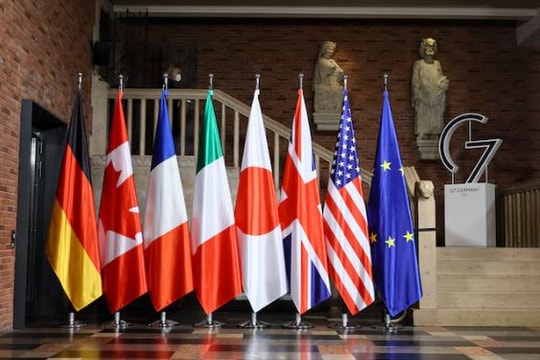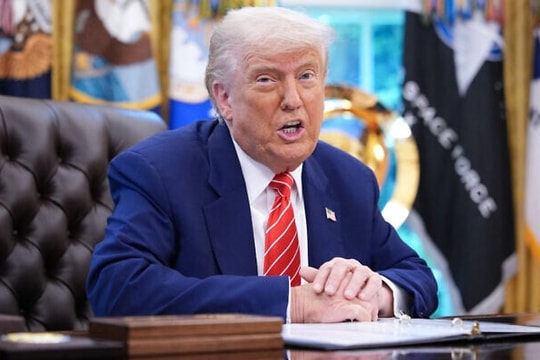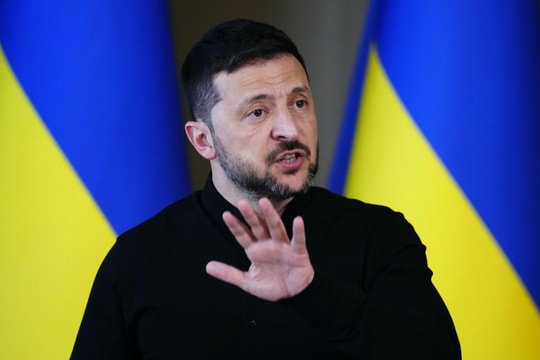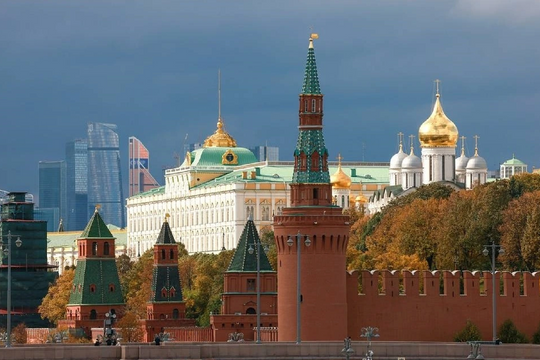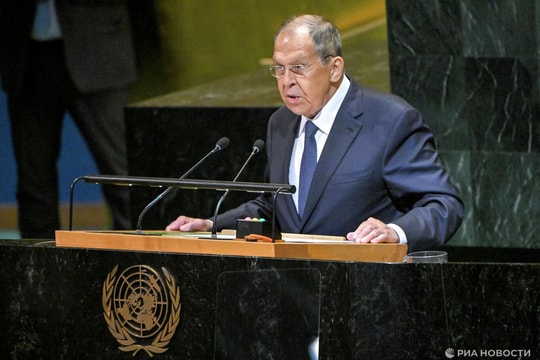NI Editor: Many mistakes of the US in relations with Russia
The current US administration lacks the experience and patience to deal with adversaries, so the current US strategy towards Russia is simply ineffective, writes National Interest editor Nicholas Gvozdev.
According to him, in theory, Washington's policy towards Moscow should be based on two related principles: deterrence and prevention of Russian actions that Washington opposes and at the same time establishing contacts to seek areas of mutual benefit.
However, in reality, the United States cannot do it due to the fact that they still perceive the world as they did in the 1990s, when they were the only leader. At that time, no country or group of countries could prevent the United States from implementing its own policy on the international arena. They either agreed with such a policy or simply could not object to it, because they had neither the strength nor the means for such actions, Mr. Gvozdyev noted.
Now, approaching the middle of the 21st century, the world is beginning to normalize in terms of the general laws of human history. The United States continues to be a strong military and economic power, but now there are countries that have the strength and means to resist US domination and protect their interests. But, according to the NI editor, the US political establishment does not have the experience and patience to deal with such countries.
In particular, the United States does not understand the difference between the terms “rival” and “enemy”. They are used to calling everything together, believing that any competition is a sign of hostility. This is what causes tension in relations with long-term partners in Europe and Asia, Mr. Gvozdev emphasized.
The US needs to understand the difference between competition and hostility in its relations with Russia. While in the 1990s Moscow wanted to be part of the West, now it is pursuing its own policy and wants to be a serious competitor for the United States, but not an enemy.

